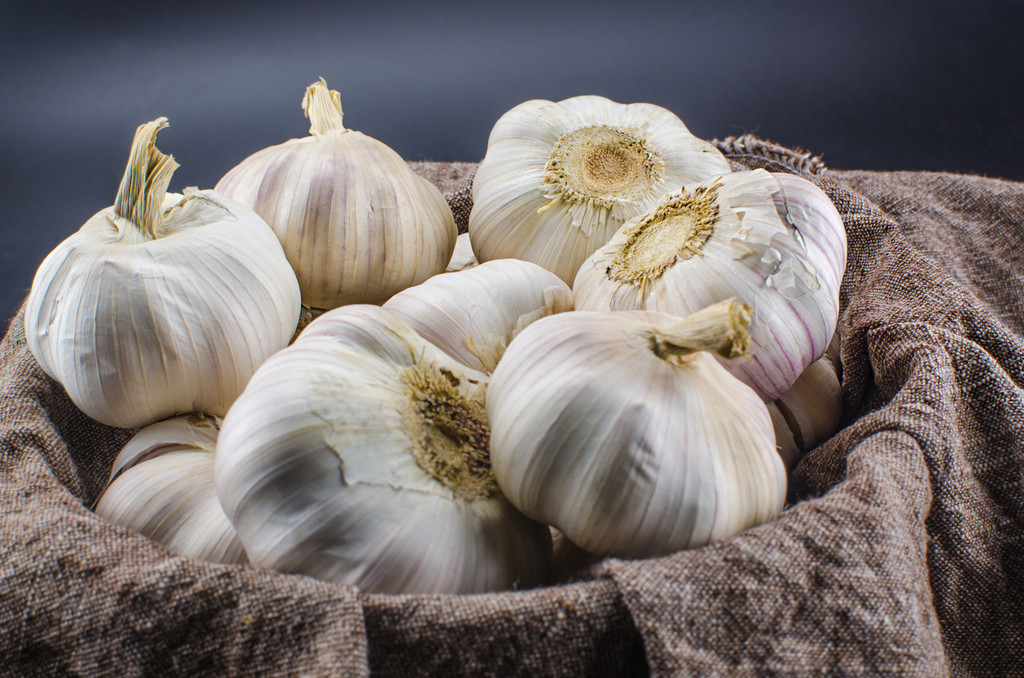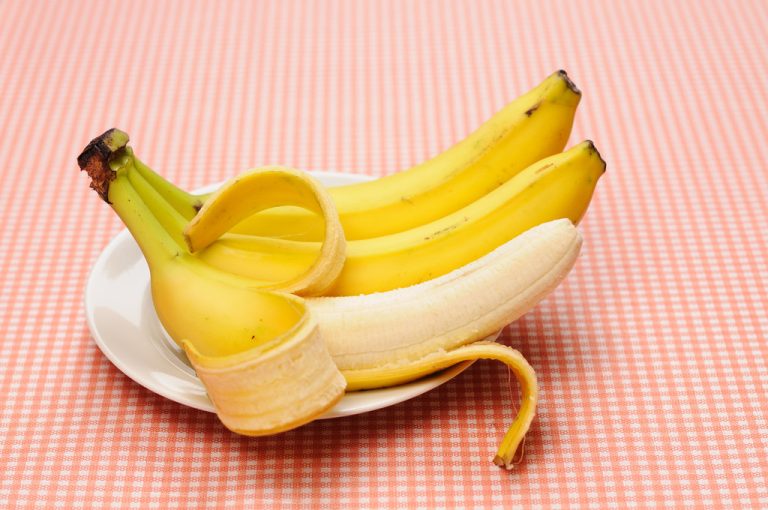Everyone knows this rule of thumb: Cold makes many foods last longer. But not every product belongs in the refrigerator. We tell you eleven foods that the temperatures in the refrigerator do more harm than good.
Do tomatoes have to go in the fridge? Cold is poison for these foods:
Not everything is suitable for the refrigerator and automatically stays fresh longer there – the cold even damages many types of fruit and vegetables. Especially foods that come from the south like it warm to keep their aroma.
#1 Bananas

They hardly tolerate the cold in the refrigerator and quickly develop brown spots if stored incorrectly. The unsuitable temperature will damage your cell tissue.
#2 Avocados
Just like bananas, avocados are harvested unripe and are therefore usually bought when they are still solid. It is best to keep them at room temperature to let them ripen. As soon as the avocado is ripe, it should be eaten quickly and not kept at all.
#3 Tomatoes
Vegetables with a high water content soften much more quickly in the refrigerator. Most people automatically put tomatoes and cucumbers in the fridge, but they quickly get old and shriveled there. Water-rich vegetables should not be stored below 10 degrees. A cool, dry cellar is much better suited for fresh storage.
#4 Onions
They play a role in many dishes, but in order to preserve the flavor of the onions, they should not be stored in the refrigerator. To fully develop their aroma, onions should be stored in a dry, oxygen-rich place.
#5 Honey
When stored properly, honey will last for years without suffering any loss in quality. But the refrigerator is not the right place to store this product. Temperatures that are too cold make the honey hard and difficult to spread. Instead, it is best stored tightly closed, dry and away from light. A kitchen cupboard would be a good solution here, for example.
#6 Bread
If the bread is kept in an air-poor environment, such as in the refrigerator, moisture builds up and it starts to go mouldy. That would be a pity, especially with homemade bread. Baked goods are better stored at room temperature in air-permeable containers. However, wooden bread boxes are not suitable here, because the food tends to dry out here. It is best to grab a clay vessel.
#7 Lemons
Citrus fruits come from the south and therefore come from warm regions. As a result, they prefer room temperatures and not refrigerator temperatures. Oranges, mangoes and grapefruits also lose their flavor intensity if they are stored too cold.
#8 Potatoes
In order not to let potatoes become shriveled and go bad, you should not store them in the refrigerator. Due to the cold, the potato converts its starch into sugar and thus develops a sweet, unpleasant taste. It is better to store the potatoes in a cool, dry and dark cellar room.
#9 coffee
Many people store coffee powder or coffee beans in the refrigerator because of the myth that it retains a better aroma. In reality, however, exactly the opposite is the case. Because the coffee loses its taste due to the cold and may even absorb unpleasant odors. It is better to store the powder well sealed and dry in a kitchen cupboard.
#10 Oil
Actually, the oil keeps for weeks at room temperature and therefore does not have to be put in the refrigerator. If the temperature is too low, the oil develops a flaky or buttery consistency, which is why it is better kept in a kitchen cupboard.
#11 Garlic

The garlic is very similar to the onion mentioned above. Garlic often becomes rubbery or moldy in cool temperatures. Like the onion, it should therefore be stored in a dry, oxygen-rich place.

